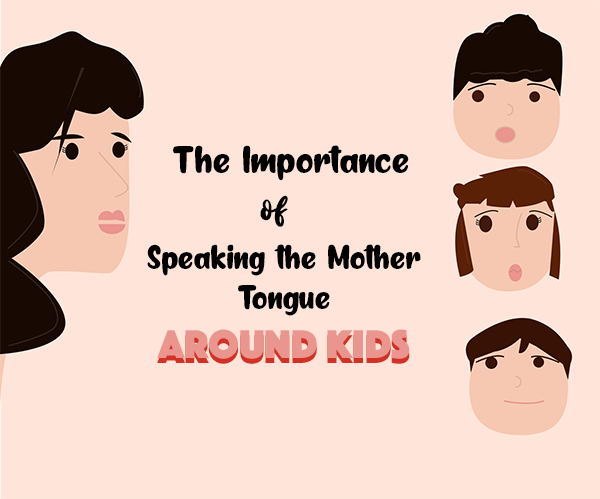 |
| Source: The Motly Fool |
👉- 10 different ways to say “NO”
👉– 10 best memes and puns to make you Laugh
In this article, we will try to raise awareness about those common mistakes and provide alternatives to overcome them. For teachers, this can be a call to reflect on some teaching methods and techniques.
Here we list some assumptions and how to approach them
1. The method of learning the mother tongue is similar to that of a foreign language
 |
| Source: Sail |
Diachronically speaking, some linguists believed and focused on the idea that the stages of learning a foreign language are the same as that of acquiring the mother tongue; Research proves that this claim is not true ( Ellis, 19::). For example, in the stages of acquiring the mother tongue, the child uses a method called “overextension”. The word “father”, for instance, can be used to refer to every elderly person like the age of his father, and this does not happen at all with adult learners of a foreign language. On the other hand, he can focus on the identification technique. The word “dog” will be pronounced for one type of dog that has previously been in contact with it and does not include other types. There are other examples that we will list in an article dedicated to the differences between mother tongue acquisition and foreign language learning.
2. The content is outside the learner’s reality or is imported`
We note that a group of textbooks or books for learning foreign languages whose content and preservation is far from the reality of the learner. New words or phrases are empty of their content and it is difficult for the learner to perceive and use them due to the difference in the culture of the book with the culture of the learner. It is also necessary to add a part of formal learning that is related to changes in society. For example, it would be better to teach vocabulary or phrases related to local specificity and reality, such as using vocabulary related to travel and hobbies when summer approaches.
3.Great and total dependence on teaching grammar
There are programs and advice that focus heavily on learning grammar, and this is not good. Grammar helps the learner in a limited way in the process of understanding, production, and communication. Linguists advise focusing on simple vocabulary or phrases, especially tangible ones, such as nouns, verbs, and descriptions that are most frequently used in daily life. By adopting this method, it is easy for the learner to understand the other, or to produce simple and useful sentences without considering or paying attention to linguistic mistakes. On the other hand, mistakes remain one of the most important keys to learning, especially in the early stages.
4. Focus on mistakes
In the beginning, some people correct all language mistakes and focus on them when the learner intends to construct a sentence or express an idea in poor terms, and these are among the reasons that make the learner lose confidence and stop expressing and producing sentences. Therefore, it is better to overlook these mistakes while taking caution that when some errors are redundant, there might be an intervention to avoid fossilization. Adjustments and modifications are more required in the advanced stages of learning.
In the end, there are other reasons that we will refer to in another article, and it is related to learning methods and the role of age and multiple intelligences in determining the quality and speed of learning.
Read Also








